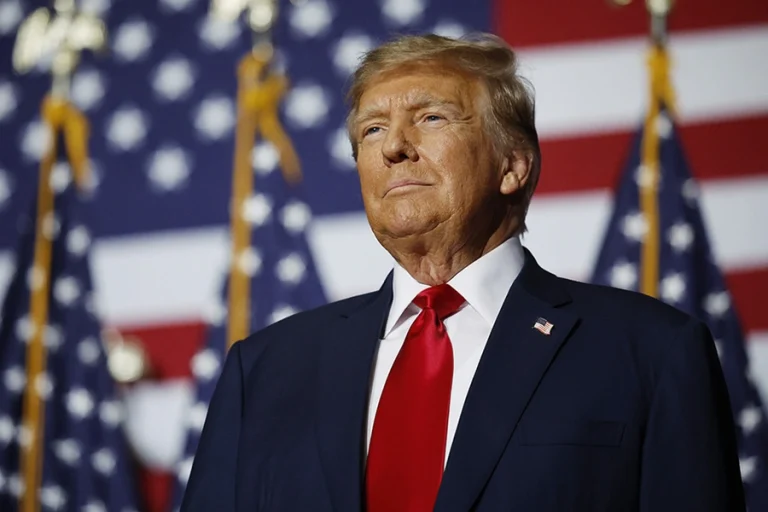Federal immigration authorities can now make arrests in schools and churches, after President Donald Trump rescinded a 2011 directive that had prohibited such actions in “sensitive” areas.
The policy change has caused an uproar due to its impact on undocumented immigrants and their communities.
The original directive had been in place for over 10 years and forbade Immigration and Customs Enforcement (ICE) and Customs and Border Protection (CBP) officers from making arrests in sensitive areas such as schools, churches, hospitals, funerals, weddings and public demonstrations.
Those restrictions were meant to protect vulnerable individuals from fear of detention in places of education, faith and personal well being.
But the DHS said the restrictions hindered law enforcement. A department spokesperson said officers would now use “common sense” when making arrests and target “criminal aliens” including those accused of violent crimes like murder or rape.
This policy change is part of a larger trend in U.S. immigration enforcement where crackdowns trump community protection.
Critics are worried about increased fear and mistrust in immigrant communities especially in schools and places of worship.
Those locations have always been considered safe spaces where individuals could go to get an education, spiritual support and community engagement without fear of legal consequences.
The government says it’s for public safety but advocates say it will cause harm. Many think this will stop immigrants from accessing services or participating in public life and further marginalize an already vulnerable population.
The debate around this policy is about national security vs human rights, a common theme in immigration discussions. Whether this will work as intended or not we’ll see but its impact will be felt across the country.

